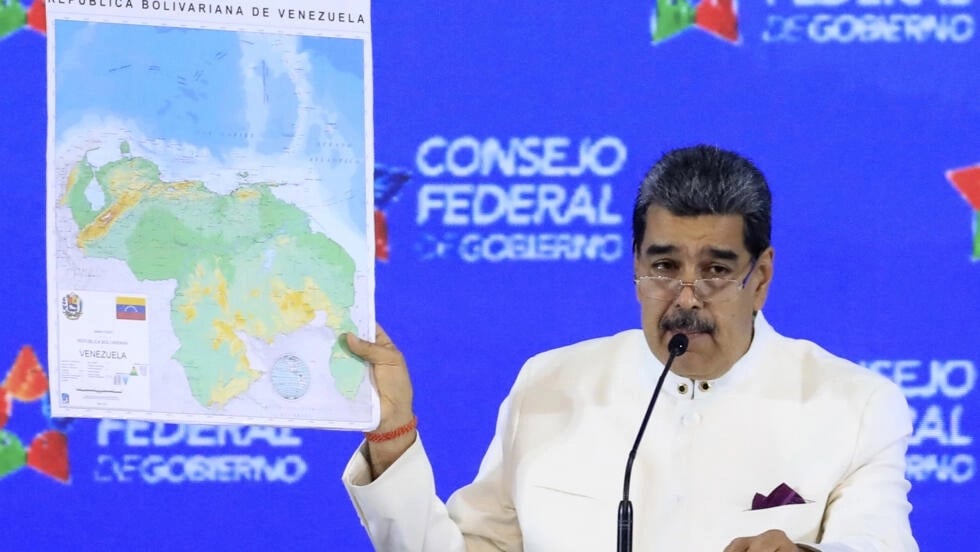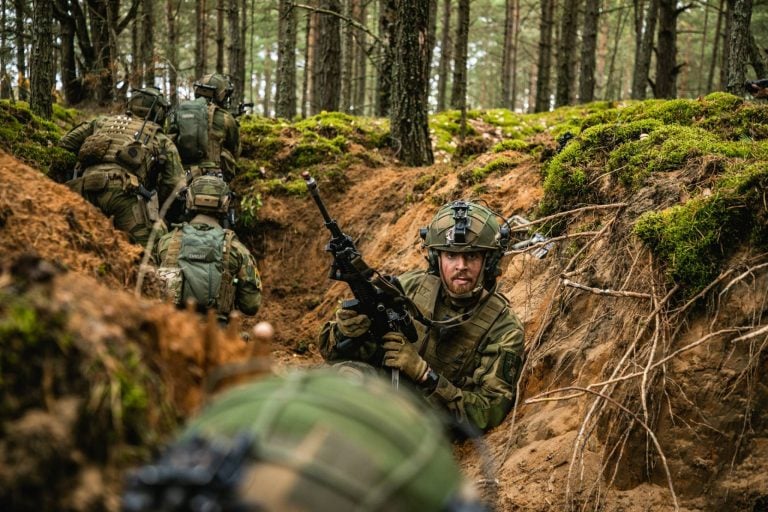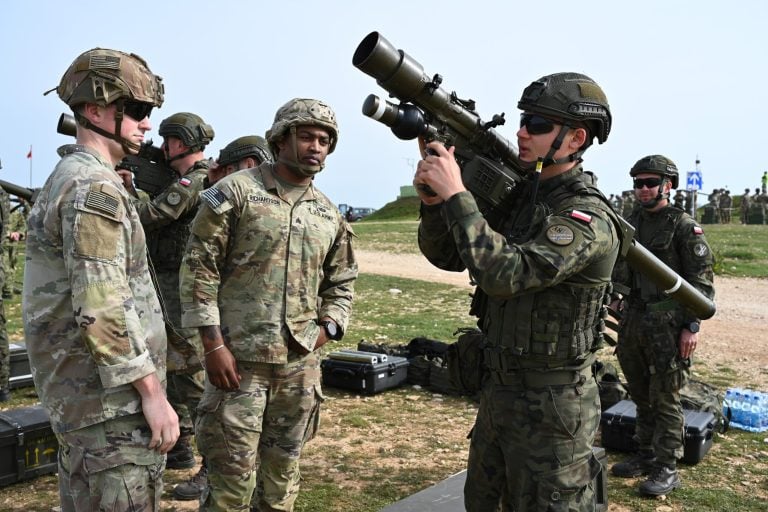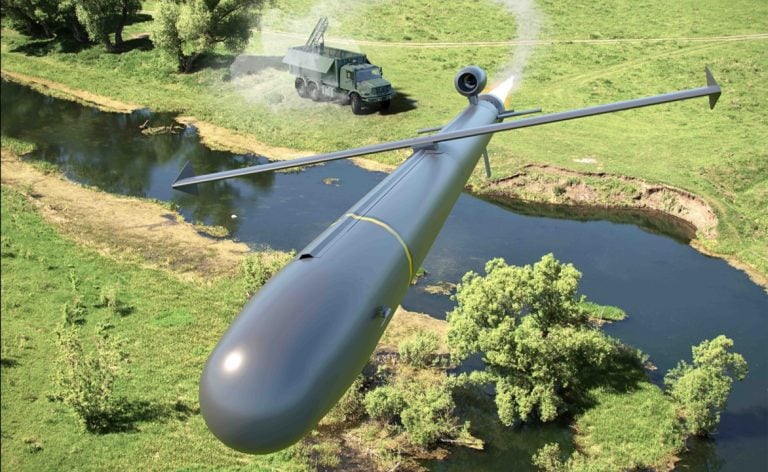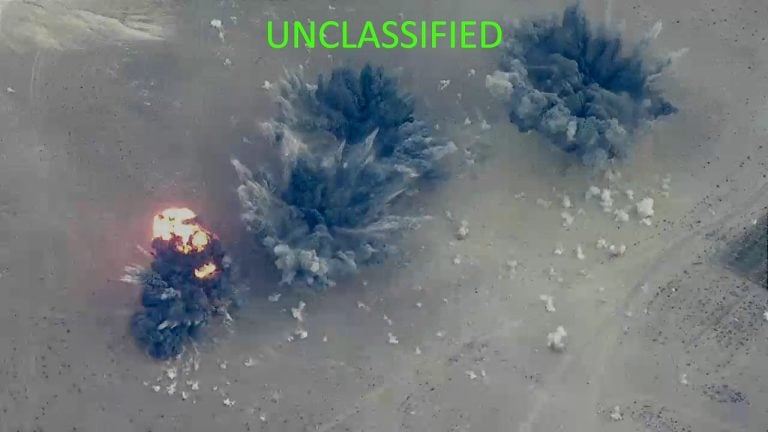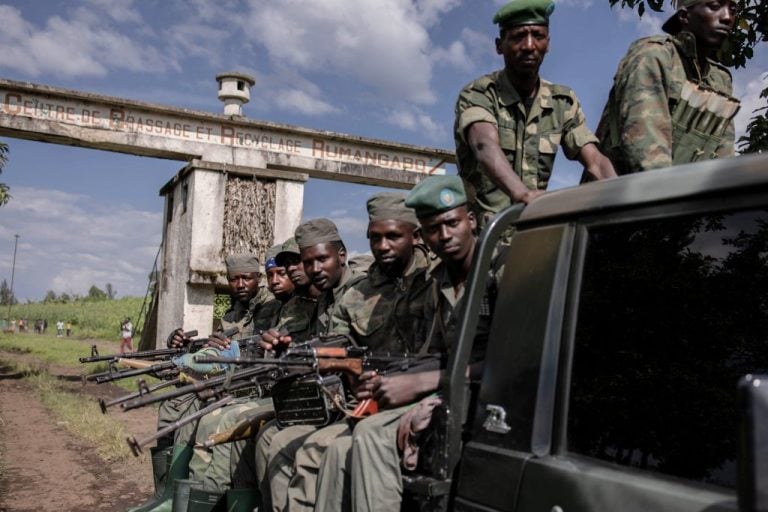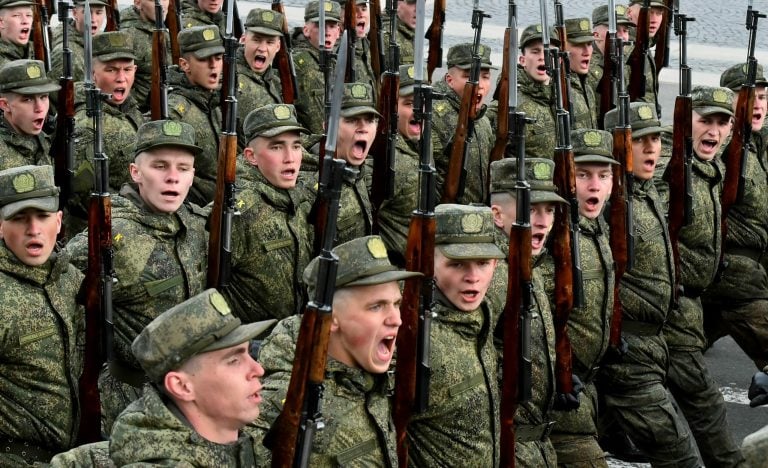Venezuelan President Nicolas Maduro has declared that the nation is in a state of “maximum readiness” to defend itself against what he describes as a significant military threat from the United States. During a press conference in Caracas on Monday, Maduro asserted that eight U.S. military vessels, equipped with 1,200 missiles, were positioned with the intent of targeting Venezuela. He characterized this military deployment as “the greatest threat that has been seen on our continent in the last 100 years.”
The context of this escalating confrontation appears to be linked to the ongoing U.S. anti-drug trafficking operation in the southern Caribbean, which includes the deployment of warships. Although the U.S. has not explicitly threatened an invasion, its military presence has heightened tensions in the region. Maduro highlighted that a guided missile cruiser was last seen transiting the Panama Canal on its way to the Caribbean, increasing concerns of imminent military pressure.
In response to what he termed “maximum military pressure,” Maduro announced that over eight million Venezuelans have enlisted as reservists, and the government is increasing patrols of its territorial waters to bolster defense capabilities. The Venezuelan leader emphasized that his country would not succumb to U.S. “blackmail or threats,” asserting that communication channels with the U.S. had deteriorated.
Maduro also took the opportunity to attack U.S. Secretary of State Marco Rubio, claiming that Rubio aimed to lead President Donald Trump into a “bloodbath” against the Venezuelan people. This statement underlined the heightened rhetoric coming from Caracas, particularly as Maduro continues to navigate criticisms over his leadership and the handling of the nation’s political and economic crises.
In contrast, the military deployment has been welcomed by Guyana’s President Irfaan Ali, who sees it as a necessary move to eliminate any threats to regional security. There is a longstanding dispute between Guyana and Venezuela over the oil-rich border region of Essequibo, which has been a point of contention since the discovery of massive oil deposits by ExxonMobil a decade ago. This added layer of geopolitical tension has further complicated relations between the two nations.
Maduro, long a target of U.S. sanctions and policies aimed at regime change, has thus far remained in power despite strenuous efforts to dislodge him, including an oil embargo imposed during Trump’s presidency. Analysts suggest that the U.S. military presence is more likely intended to apply pressure rather than facilitate an outright invasion.
In an effort to seek international support, Venezuela has reached out to the United Nations, calling for immediate intervention to halt the U.S. military deployment in the Caribbean. Meanwhile, Maduro publicly prepared for “a period of armed struggle in defense of the national territory,” should there be any military action against Venezuela. The situation remains fluid, with heightened military readiness and escalating diplomatic conflicts reflecting broader tensions in the region.
